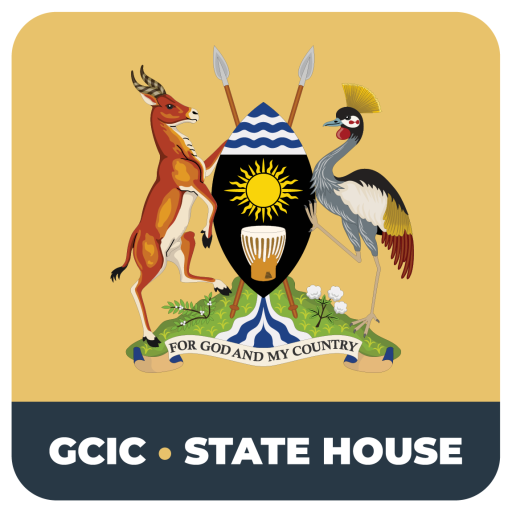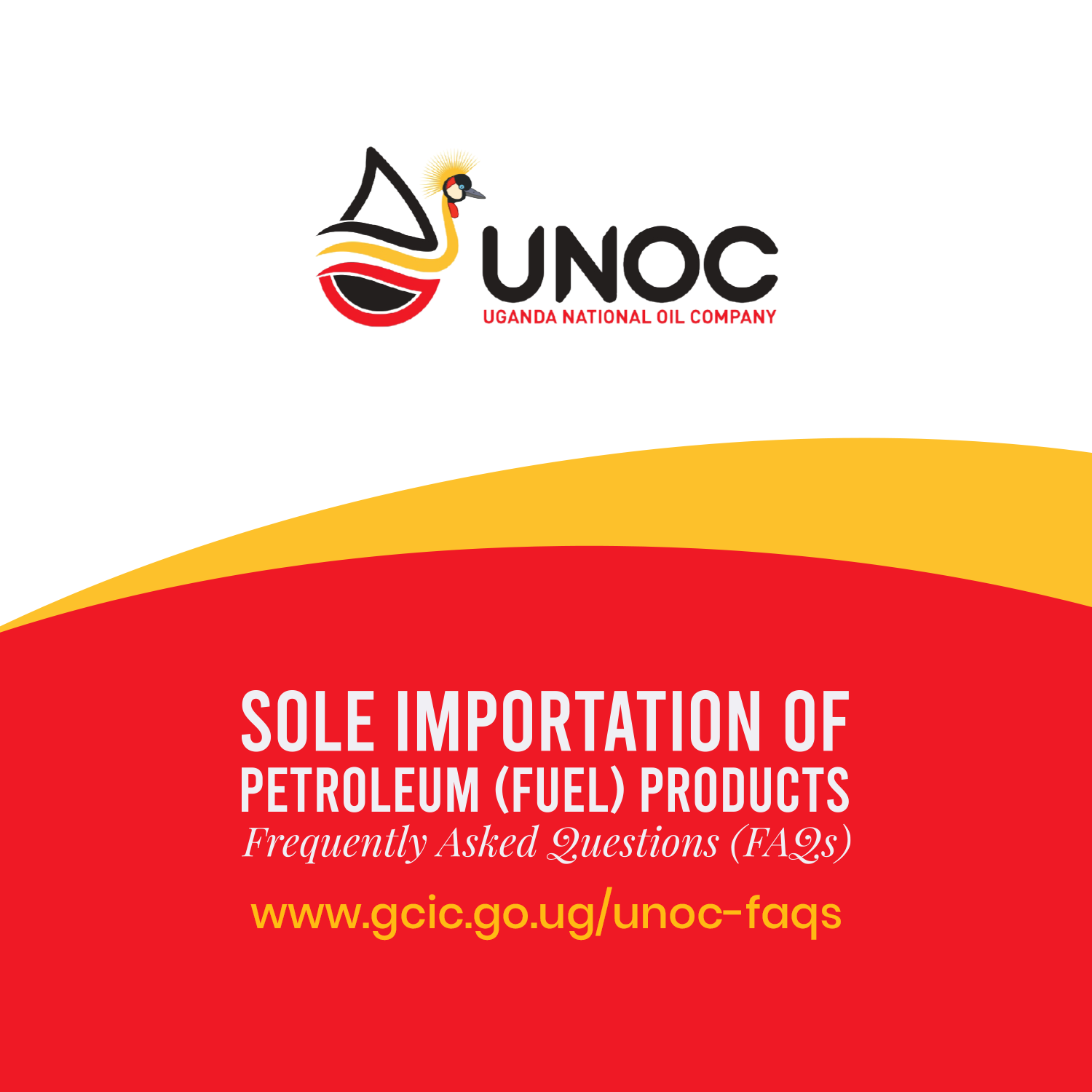By Male Solomon Grace
The Parish Development Model (PDM) has brought about significant positive changes in Kalungu District, benefiting more than 4205 individuals who received financial support in the previous year.
During a recent on-site assessment conducted by local leadership, it was observed that 70% of the beneficiaries opted to invest in fertilizers for their coffee farms, resulting in substantial improvements in crop health and yields. Additionally, many individuals diversified into poultry rearing, piggery, and other alternative businesses, showcasing the varied ways in which the PDM has empowered the community.
The process took a full month, where the office of the CAO, District Chairperson, Subcountry Chiefs, and PDM cordinantors with extension workers were involved and visits were made to all the sub-counties. The findings indicated that 70% of the beneficiaries invested the money in procuring fertilisers for their coffee farms, and it was evident that those plants that got fertilisers appeared to be more healthy than those that did not get fertiliser.
Other beneficiaries moved into poultry and piggery; however, a few individuals adjusted their business plans to pursue their dream businesses in other industries. For example, two recipients were able to supplement the PDM funds received by purchasing cows, and there was proof of the initiatives.
On interaction with Kayondo Paddy, the RDC Kalungu District, he emphasised that there were challenges in the early stages of the PDM project due to delays and re-alignment of policy goals, prompting scrupulous public officers such as parish chiefs to engage in malpractices such as solisticing fees to expedite the processes of delivering the PDM cash to the beneficiaries.
For example;
- In the Bukulula Sub-county of Kasaali Parish, the parish leader had gathered monies from potential PDM fund beneficiaries; he was arrested, along with his deputy and the CDO, because they were the focal points of PDM, and at least 7 million was seized. They were handed police bail.
- In the Kitamba sub-county, the parish head and the PDC were involved in soliciting funds, with the potential benefactor paying UGX 100,000, and they had so far collected UGX 3,250,000. These were apprehended, and the money was recovered.
- In the Kitosi sub-county, the PDC engaged in soliciting cash, and each recipient was required to pay UGX 50,000 (10,000 papper, 20,000 transportation, and 20,000 saving). They had collected UGX 900,000, which was recovered.
These situations arose as a result of a lack of information about the PDM fund processes, which are a free procedure for citizens to profit from, and the fact the fact that everyone has exclusive authority to access their money from their bank accounts, allowing them to take their time planning how to utilise it.
In other situations, when the Parish Chief learned that the money had arrived in the beneficiaries’ accounts, he utilised the opportunity to assemble all beneficiaries and accompany them to the bank to withdraw the money, allowing him to beg a portion of the cash from the beneficiaries for help. These perpetrators have been apprehended and forced to repay the money to their legitimate owners, and some are on police bond.
During the most recent release, the government was able to also offer UGX 500,000 to assist with administrative tasks such as paperwork.
As of now, all potential beneficiaries have been screened and registered on Post Bank Uganda’s online government bank system, WENDI, to avoid solicitation from blockers during the process of accessing funds when they are disbursed to beneficiaries, as everyone will receive the money directly to their mobile phones.
Kalungu district includes 37 parishes, and 50 million has been received for each parish. It is predicted that the funds will be released to the winning recipients by the close of June 2024, as all processes are complete. The awareness and monitoring efforts have helped individuals understand what to do and avoid being taken off guard by self-seekers such as blockers.
Today, over 4200 people in Kalungu district are now millionaires, including those who never dreamed of owning a million Uganda shillings. Below are some of the examples:
- One of the beneficiaries, a member of the opposition Democratic Party, received UGX 1 million and purchased 8 sacks of fertiliser. When the spot checks were conducted, he was excited about the opportunity for the government to provide him with the funds and cash, in addition to the usual cases of providing hospitals and schools to citizens, and there are many others with similar testimonies.
- A one Vincent was a hawker when he sought access to the PDM money, which he eventually received and invested in the green paper garden, which he harvested and sold to acquire a plot of land. The proposal to the government is that while the fund is helpful, the average number of recipients be expanded to assist more individuals.
- Yes! 100 people per parish is a good number, but increasing it to 300 people per parish per fiscal year will have a much greater impact, with farmers’ yields improving because they will be able to purchase enough fertiliser for coffee farmers, and the population cannot remain constant.
Another testimony comes from a lady who received UGX 1 million, purchased 100 hens, and sold them. She made profits and is able to repay the money just within the first months of the project, but she is reinvesting the money due to the convenient 24-month repayment policy, and there is evidence of the project’s continuity from the startup capital provided by the government.
My take is that those who know what to do will benefit, but there will be 1% who may not use the money in the rightful way and as intended but for personal use, and these will also be evident, but the large percentage that has already received the PDM money has used it rightfully.
In conclusion, I believe PDM is one of the government of Uganda’s magic bullets that can help Ugandans develop and join the money economy, where poverty is a thing of the past, if the implementation, such as disbursement, is done on time so that farmers can use the money at the right time or season, such as planting or purchasing fertilisers to prepare to re-invest or plant.





